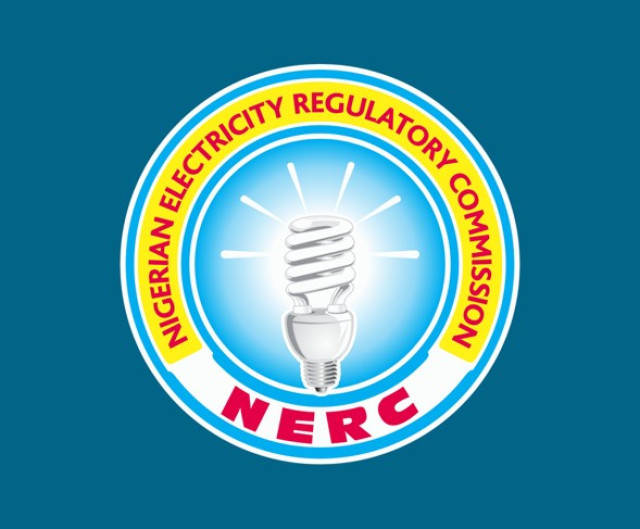The Nigerian Electricity Regulatory Commission on Monday transferred its regulatory oversight of the electricity market in Enugu and Ekiti states to the respective state governments.
The commission issued separate orders stating that Enugu State Electricity Regulatory Commission will now oversee the electricity market in Enugu State, while the Ekiti State Electricity Regulatory Bureau will have regulatory oversight in Ekiti State.
This transfer of authority is in line with the amended Constitution of the Federal Republic of Nigeria and the Electricity Act 2023 (Amended).
The commission will still retain its role as the central regulator for inter-state/international generation, transmission, supply, trading, and system operations.
The Government of Enugu State complied with the necessary conditions and formally requested the transfer of regulatory oversight in Enugu State, leading to the directive for the Enugu Electricity Distribution Company Plc to establish a subsidiary (EEDC SubCo) to handle intra-state supply and distribution of electricity in the state.
The subsidiary is required to obtain a license for intra-state supply and distribution within 60 days from April 22, 2024.
“All transfers envisaged by this order shall be completed by October 22, 2024,” the commission stated, adding that the order takes effect from May 1, 2024.
Also in the second order on the matter, the commission declared that it had transferred the regulatory oversight of the electricity market in Ekiti State from NERC to the Ekiti State Electricity Regulatory Bureau in compliance with the Electricity Act 2023 (Amended).
It said, “This regulatory instrument may be cited as the Order of Transfer of Regulatory Oversight of the Electricity Market in Ekiti State from Nigerian Electricity Regulatory Commission to the Ekiti State Electricity Regulatory Bureau. This order shall take effect from May 1, 2024.”
The commission exercises regulatory oversight of the Nigerian Electricity Supply Industry as the apex sectoral regulator in accordance with powers conferred by the Electricity Act 2023.
The electricity market in Nigeria was previously centralised and the move to decentralisation was achieved when presidential assent was granted to the amendment of relevant portions of the Constitution of the Federal Republic of Nigeria on March 17, 2023.
Paragraph 14{b) Part ll of the Second Schedule to the 1999 Constitution provides that “a House of Assembly may make laws for the State with respect fo generation, transmission, and distribution of electricity to areas not covered by a national grid system within that State.”
But this was amended to “a House of Assembly may make laws for the State with respect to generation, transmission, and distribution of electricity to areas within that State.”
This amendment granted legislative autonomy to federating states in the Federal Republic of Nigeria by empowering the sub-national governments to legislate on the generation, transmission and distribution of electricity within each respective state.




















